On July 1, a revised text on Pius XII appeared in an exhibition at the Yad Yashem Holocaust Memorial in Israel. But the text is still, sadly, essentially incorrect.
Old text:
Pope Pius XII
Pius XII’s reaction to the murder of the Jews during the Holocaust is a matter of controversy. In 1933, when he was secretary of the Vatican state, he was active in obtaining a concordat with the German regime to preserve the Church’s rights in Germany, even if this meant recognizing the Nazi racist regime. When he was elected Pope in 1939, he shelved a letter against racism and anti-Semitism that his predecessor had prepared. Even when reports about the murder of Jews reached the Vatican, the Pope did not protest, either verbally or in writing. In December 1942, he abstained from signing the Allied declaration condemning the extermination of the Jews. When Jews were deported from Rome to Auschwitz, the Pope did not intervene. The Pope maintained his neutral position throughout the war, with the exception of appeals to the rulers of Hungary and Slovakia towards its end. His silence and the absence of guidelines obliged Churchmen throughout Europe to decide on their own how to react.
Updated text:
The Vatican
The Vatican, under Pius XI, Achille Ratti, and represented by the Secretary of State Eugenio Pacelli, signed a concordat with Nazi Germany in July 1933 in order to preserve the rights of the Catholic Church in Germany.
The reaction of Pius XII, Eugenio Pacelli, to the murder of the Jews during the Holocaust is a matter of controversy among scholars.
From the onset of World War II, the Vatican maintained a policy of neutrality. The Pontiff abstained from signing the Allies’ declaration of December 17, 1942, condemning the extermination of the Jews. Yet, in his Christmas radio address of December 24, 1942, he referred to “the hundreds of thousands of persons who, without any fault on their part, sometimes only because of their nationality or ethnic origin (stirpe), have been consigned to death or to a slow decline.” Jews were not explicitly mentioned. When Jews were deported from Rome to Auschwitz, the Pontiff did not publicly protest. The Holy See appealed separately to the rulers of Slovakia and Hungary on behalf of the Jews.
The Pope’s critics claim that his decision to abstain from condemning the murder of the Jews by Nazi Germany constitutes a moral failure: The lack of clear guidance left room for many to collaborate with Nazi Germany, reassured by the thought that this did not contradict the Church’s moral teachings. It also left the initiative to rescue Jews to individual clerics and laymen.
His defenders maintain that this neutrality prevented harsher measures against the Vatican and the Church’s institutions throughout Europe, thus enabling a considerable number of secret rescue activities to take place at different levels of the Church. Moreover, they point to cases in which the Pontiff offered encouragement to activities in which Jews were rescued.
Until all relevant material is available to scholars, this topic will remain open to further inquiry.


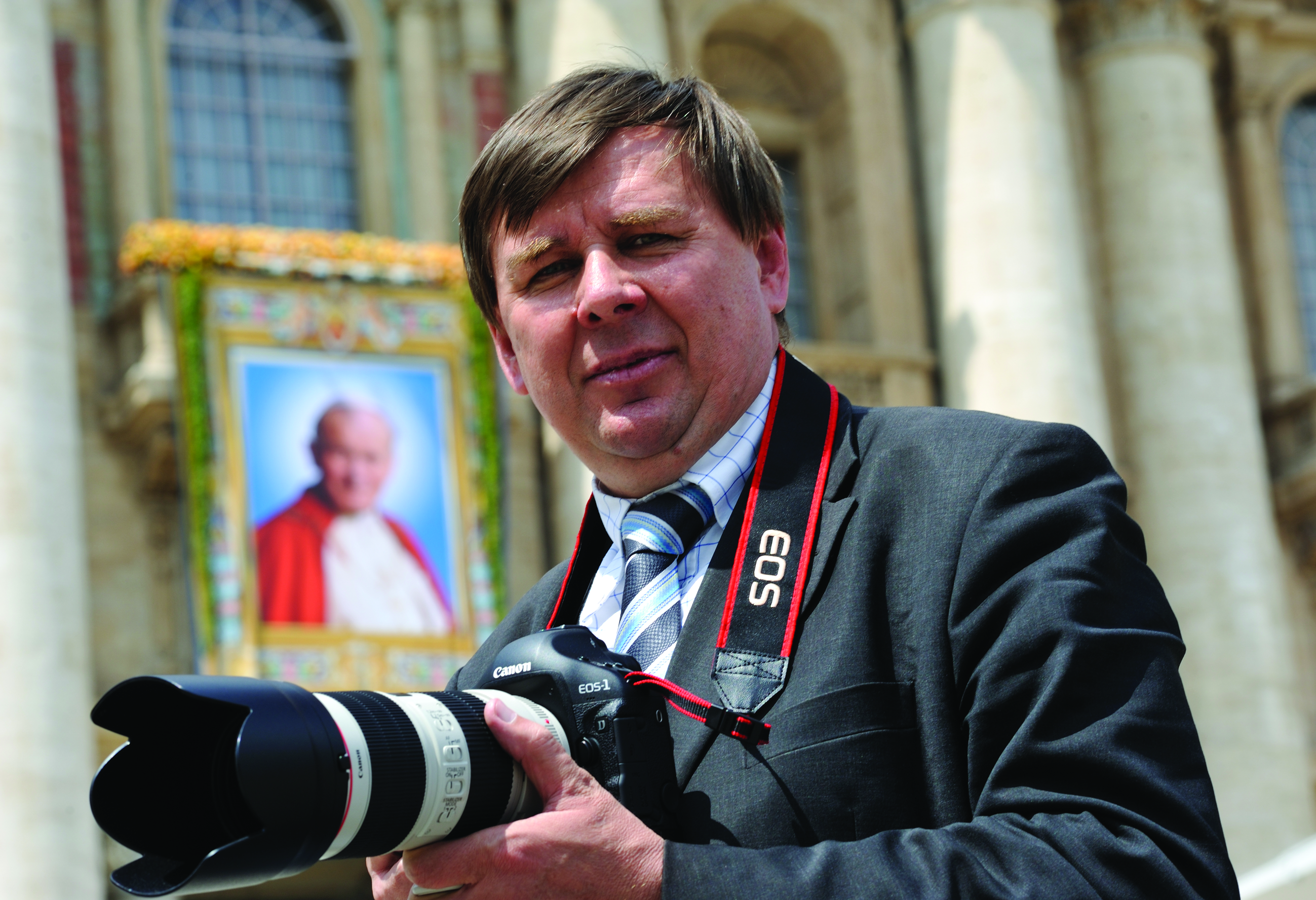
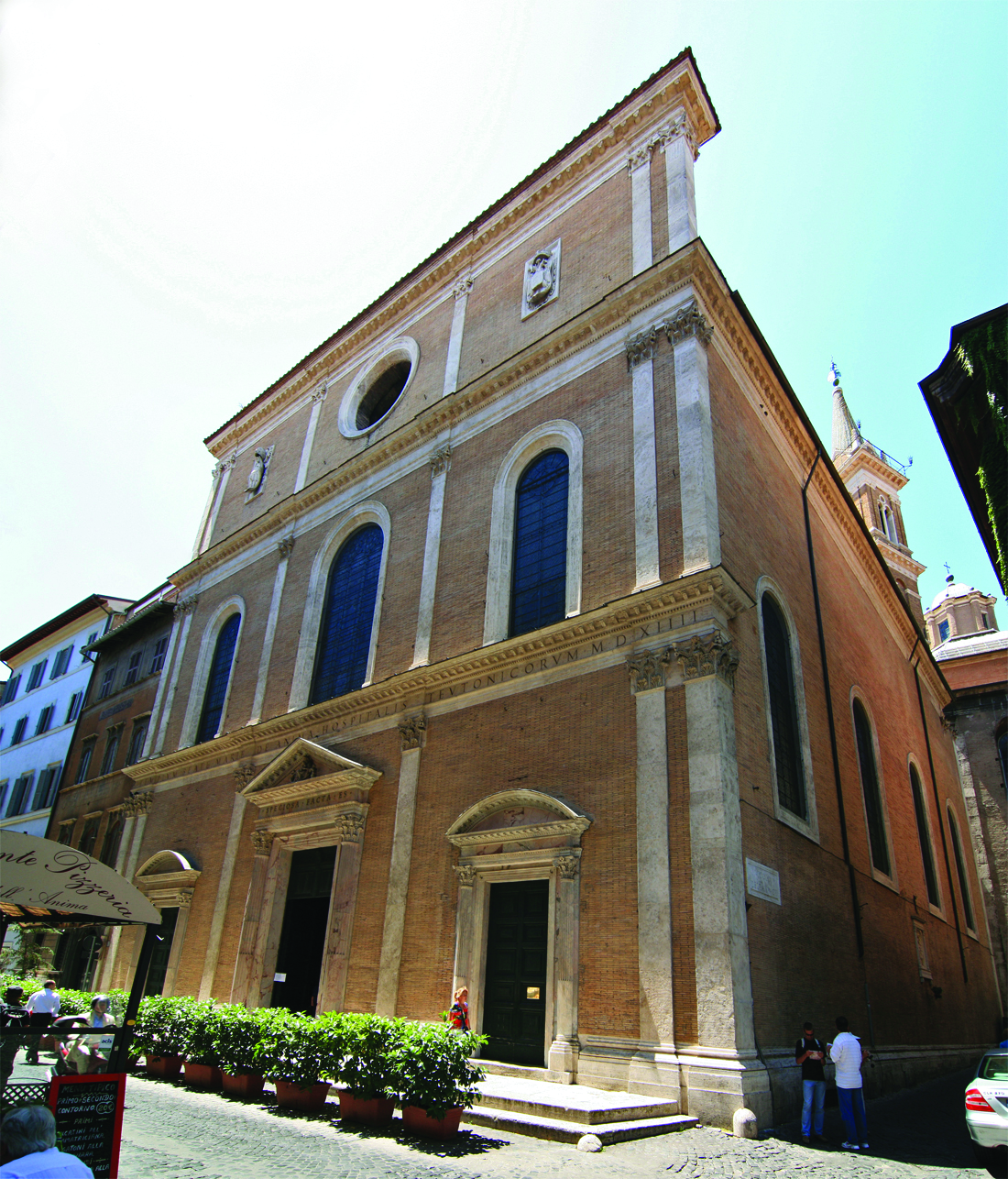
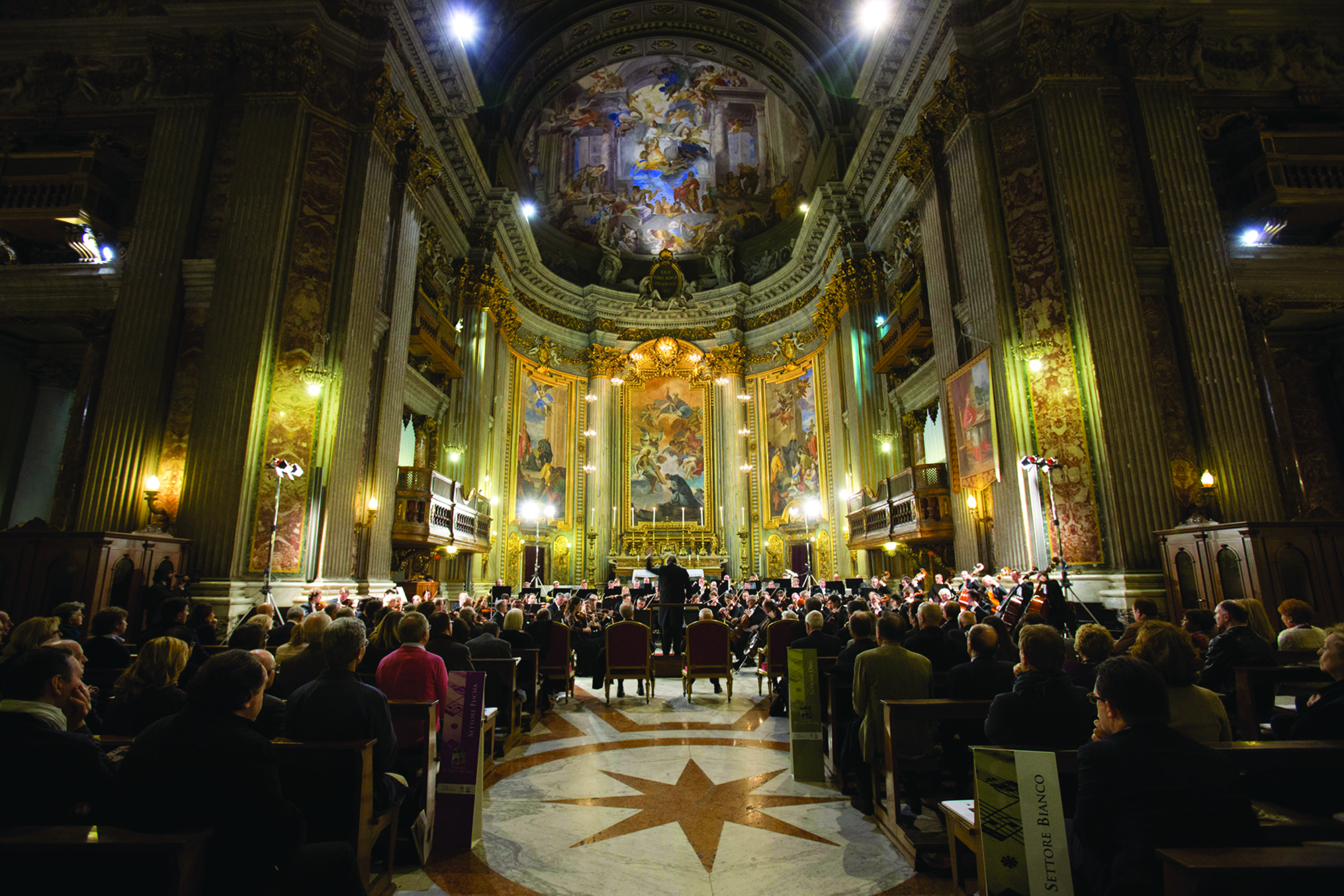
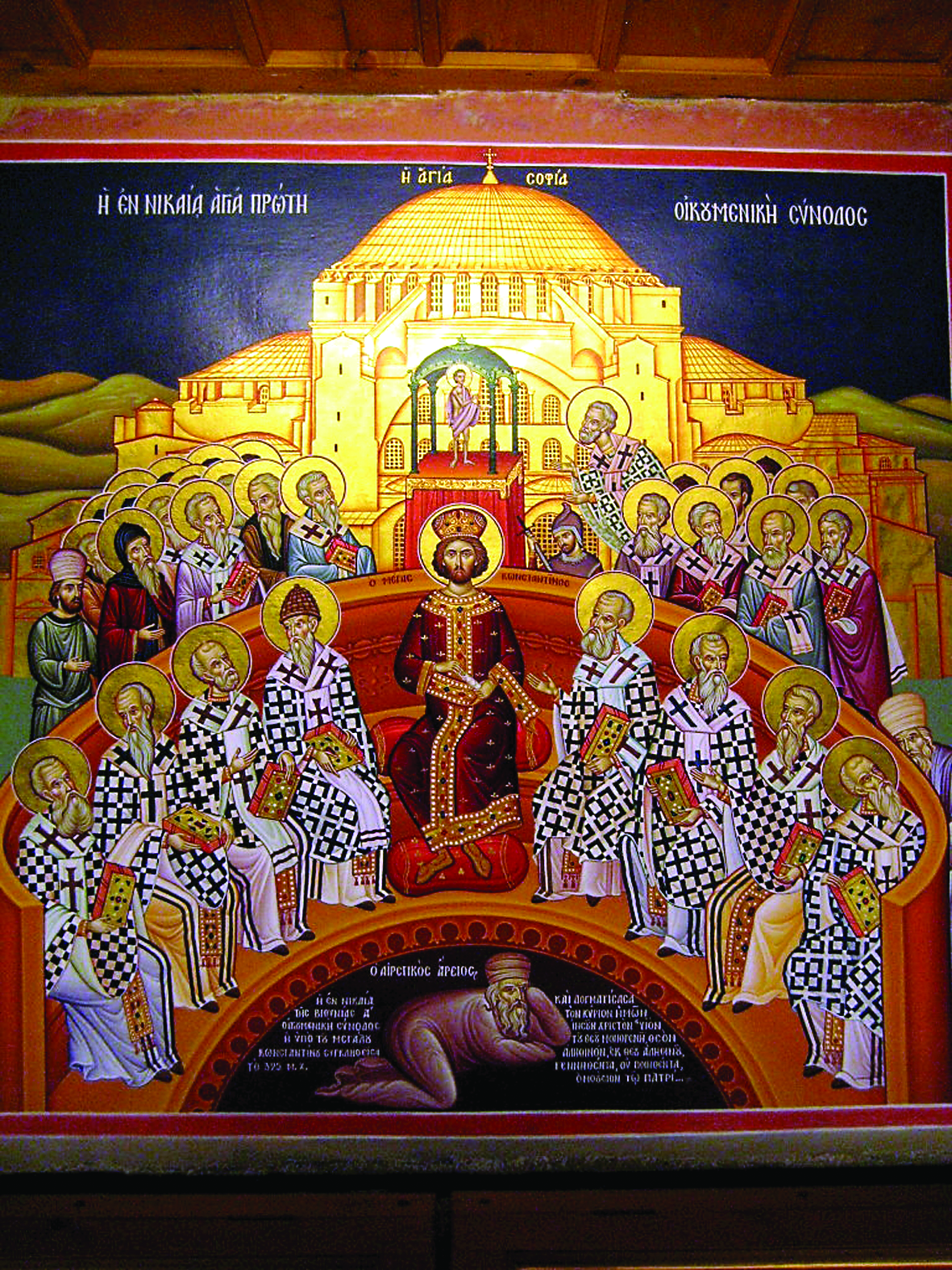
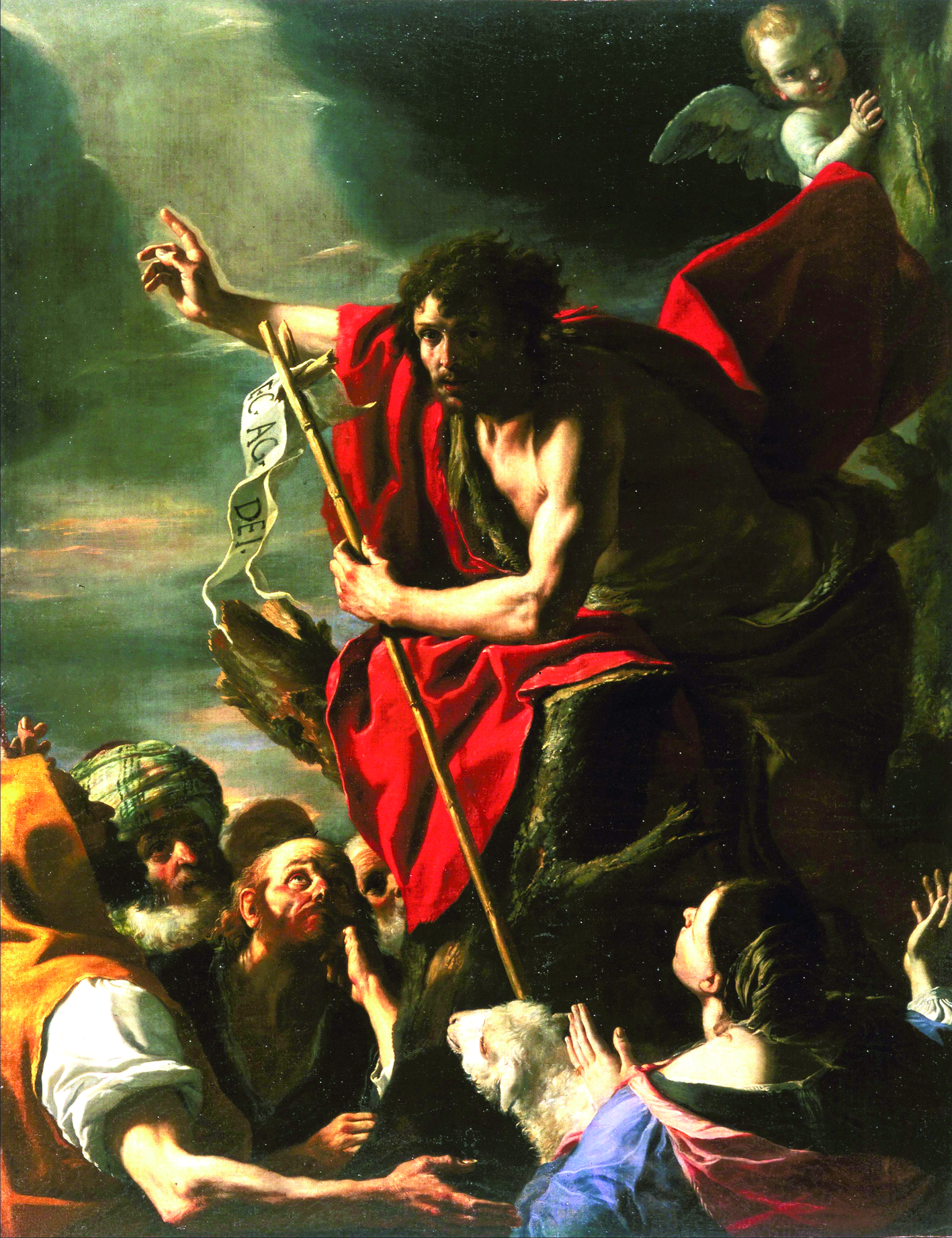
Facebook Comments